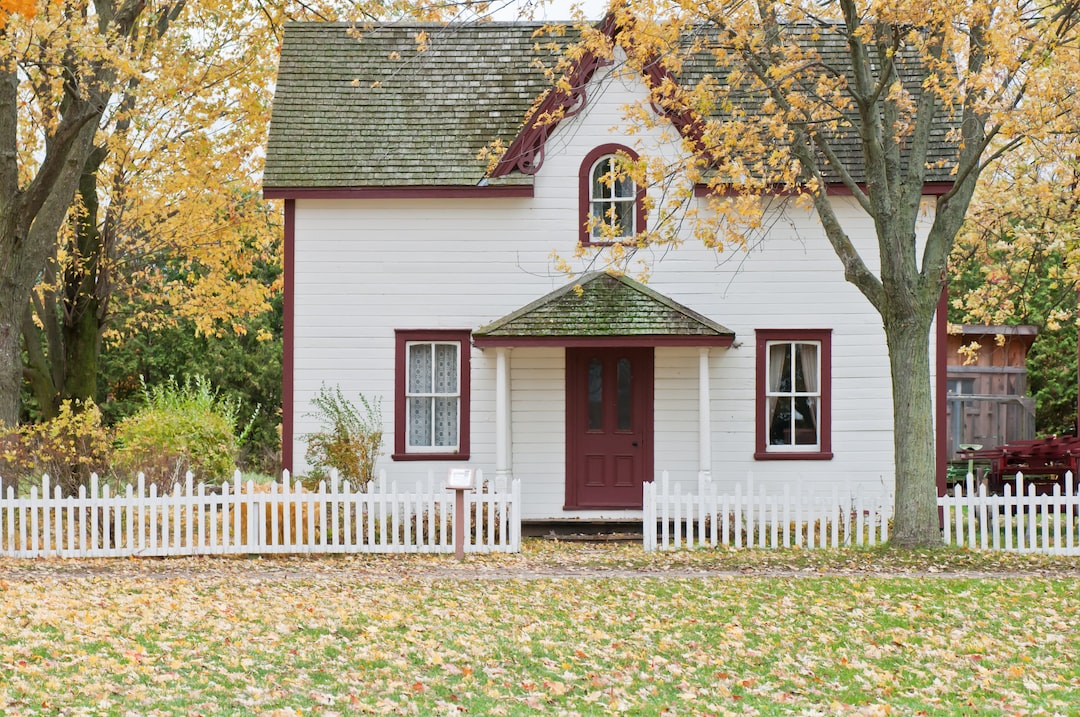The Pros and Cons of Buying a Condo vs. a House
Purchasing a property is a significant decision in anyone’s life, and choosing between a condo and a house is often the biggest dilemma. Both options have their fair share of advantages and disadvantages, so it’s crucial to weigh them carefully to make an informed decision. In this blog post, we will explore the pros and cons of buying a condo versus a house to help you make the right choice for your lifestyle and preferences.
Condos, short for condominiums, are individual units within a larger complex that are owned by individuals. On the other hand, a house refers to a standalone dwelling on its own plot of land. Let’s delve into the pros and cons of each:
Pros of Buying a Condo:
1. Amenities: One of the main advantages of buying a condo is access to a range of amenities that may be included in the building, such as a gym, swimming pool, or community lounge. These amenities can save you money on external gym memberships or recreational activities, and provide added convenience and comfort.
2. Maintenance: Condo living often means less responsibility when it comes to maintenance tasks. The building association or management takes care of communal areas and external maintenance, reducing the burden on homeowners. This is particularly advantageous for individuals with a busy lifestyle or those who are not interested in investing time and money in landscaping, exterior repairs, etc.
3. Security: Condos often offer enhanced security measures such as gated entrances, surveillance cameras, and even on-site security personnel. This can alleviate safety concerns for homeowners, particularly for those living alone or in areas with higher crime rates.
4. Affordability: In many cases, condos tend to be more affordable than houses in the same location. They are often a popular choice for first-time homebuyers or those looking to downsize without compromising on location or amenities.
Cons of Buying a Condo:
1. Limited Privacy: Living in a condominium complex means sharing walls, floors, and ceilings with neighbors, which can lead to reduced privacy compared to a standalone house. Noise levels can be a concern, particularly if you have noisy neighbors or thin walls.
2. Limited Control: As a condo owner, you are subject to the rules and regulations imposed by the homeowner’s association. This can restrict your freedom to make certain changes or renovations to your property. Additionally, decisions made by the association may not always align with your personal preferences or priorities.
3. Fees: Most condominiums come with monthly maintenance fees, which cover shared expenses such as building insurance, landscaping, and repairs. While these fees contribute to the upkeep of the property, they can be an additional financial burden that some homeowners might not anticipate or budget for.
Pros of Buying a House:
1. Privacy: Owning a house provides a sense of privacy and independence that condos might not offer. With no shared walls or floors, you have more control over your immediate surroundings and enjoy a quieter living environment.
2. Customization: Houses provide ample opportunities for customization and personalization. You have the freedom to renovate, remodel, or expand your property according to your tastes and lifestyle needs. This is particularly attractive to individuals who enjoy DIY projects and want to create a unique living space.
3. Outdoor Space: Houses typically come with a backyard or garden, providing a private outdoor area for gardening, relaxation, and entertainment. This is a significant advantage for nature enthusiasts, pet owners, or those who enjoy outdoor activities at their doorstep.
Cons of Buying a House:
1. Maintenance: Unlike condos, houses require more upkeep, both inside and outside the property. Homeowners are responsible for maintaining the yard, landscaping, and all maintenance and repairs that may arise. This can be time-consuming and may involve additional expenses.
2. Higher Costs: Generally, houses are more expensive than condos, especially in prime locations or neighborhoods with desirable amenities. The higher costs associated with houses often require a larger down payment and higher monthly mortgage payments, making them less accessible for some individuals.
3. Location Limitations: Houses are often located in suburban or rural areas, which might be far from workplaces, schools, or city centers. This can result in longer commutes and limited access to certain services or amenities available in urban areas.
Ultimately, the decision between purchasing a condo or a house depends on individual preferences, lifestyle, and financial circumstances. It’s crucial to weigh the pros and cons, consider long-term plans, and analyze what aligns best with your needs and desires. Consulting with a real estate professional can also provide valuable insights and guidance to ensure a well-informed decision that suits your unique situation.


